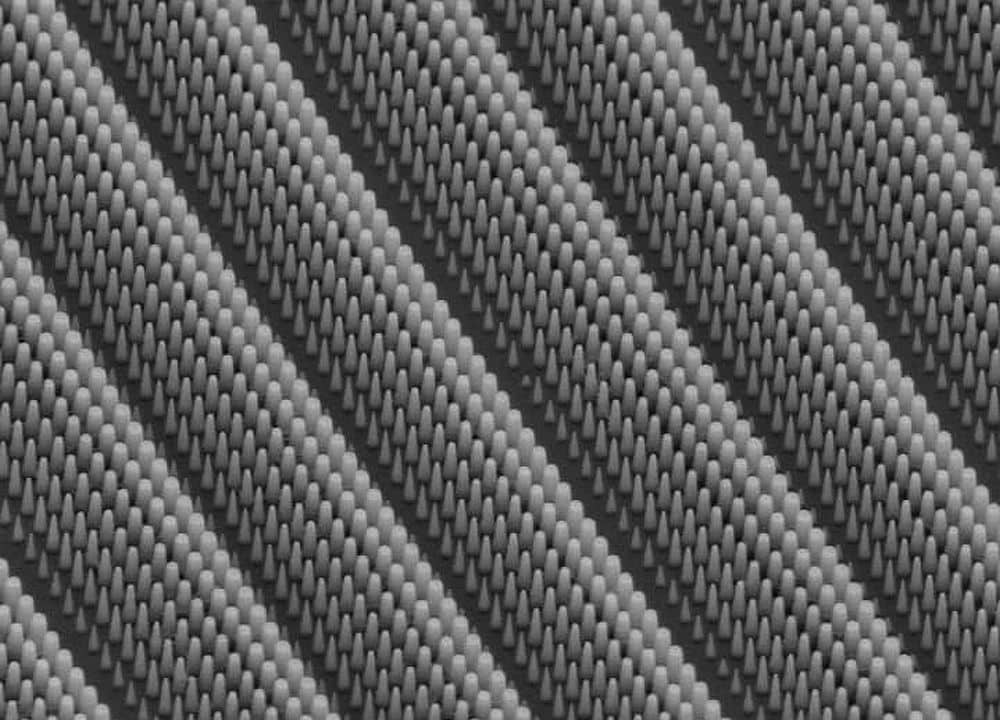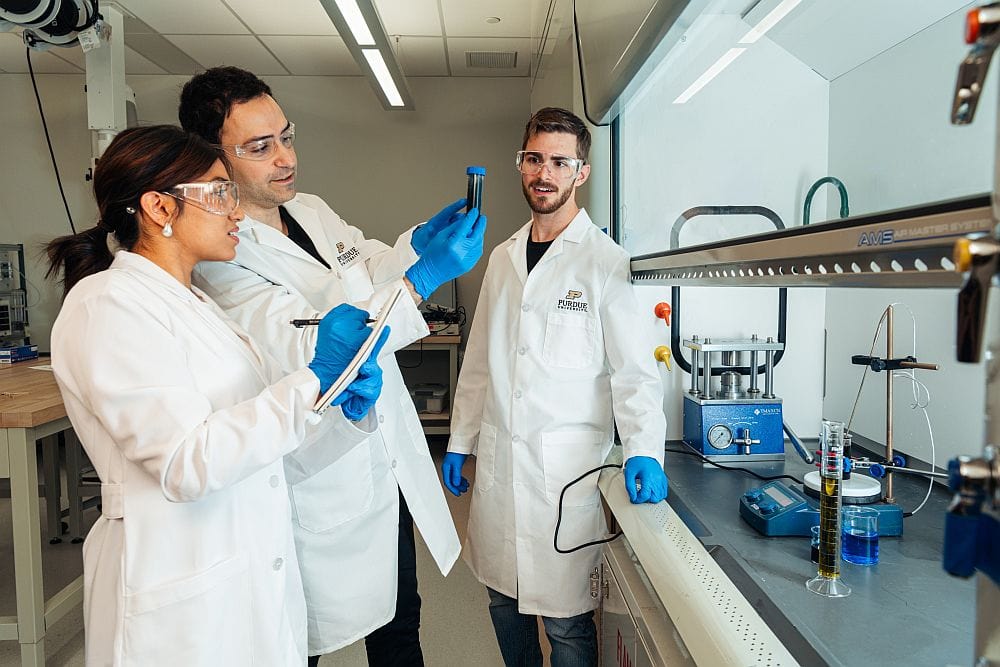Energy ≠ heat: DARPA seeks nonthermal approaches to thin-film deposition.
DARPA has issued a notice saying they are seeking proposals related to developing low-temperature processes for the deposition of thin films whose current minimum processing temperatures exceed the maximum temperature substrates of interest to the Department of Defense. From the notice:
Nontraditional performers outside of the materials research/thin film deposition communities in areas such as surface acoustic wave spectroscopy, plasma physics, photochemistry, etc., are highly encouraged to submit proposals to the LoCo program.
Performance of materials, parts, and assemblies (e.g., tribological, optical, electronic and/or thermal) are dictated by interactions between surfaces and the environment, affecting the cost, capability and readiness of DOD systems. A number of known thin-film materials exist that could mitigate these performance limitations when deposited as coatings on substrates of interest to DOD (e.g., crystalline diamond thin film). However, the high bulk deposition temperatures used in state-of-the-art chemical vapor deposition processes to meet the energetic and chemical requirements for processes, such as reactant flux, surface mobility and reaction energy, are often higher than the maximum temperature that many DOD-relevant substrates can withstand (i.e., due to property changes such as melting, grain growth, etc.). These synthetic constraints not only affect our ability to manipulate surfaces of existing DOD systems, but also restrict development of new technologies on emerging substrates (e.g., diamond on polymers for flexible electronics and on living cells for biotic/abiotic interfaces).
To this end, DARPA is seeking innovative multidisciplinary research proposals that independently develop novel chemical and physical processes to meet the energetic/chemical requirements of thin film deposition without reliance on broadband temperature input used in state-of-the-art chemical vapor deposition. DARPA anticipates early stage efforts that address one piece of the deposition puzzle (i.e., process component) such as reactant flux, surface mobility, reaction energy, nucleation, byproduct removal, etc., that will be integrated later in the program to create a full deposition process. The specific objective of the LoCo program is to develop a deposition process applicable to a large variety of thin-film materials. However, to guide proposal development for process components, initial areas of interest for LoCo thin films include synthesis of covalent thin films with long-range order that require high deposition temperatures (>700°C) for insertion points in tribological, thermal management, optical and electronic applications (e.g., crystalline diamond thin films).
The LoCo program is broken into two independent, but intellectually connected thrusts: Thrust 1, the main effort of the LoCo program, is arranged in a progression of discrete tasks that rapidly move from fundamental research to deposition of a thin film on a DOD part for testing and evaluation. Performers will address one or more of the process components for thin film growth (e.g., flux, mobility, reactivity, etc.). This initial effort will focus on validation of the fundamental approach. To facilitate technology transfer, DARPA is also seeking input on DOD systems and parts that could benefit from success in the LoCo program under Thrust 2, where industrial performer team(s) are asked to carry out technical analyses on a proposed DOD part that could benefit from a LoCo coating.
Detailed information about the program and requirements for proposals can be found in the Broad Agency Announcement.
Researchers with unique capabilities looking for teammates or specific expertise should post their in-formation on the teaming site. Proposers are strongly encouraged to submit an abstract in advance of a full proposal. Proposers must submit their abstracts and proposals in response to the DARPA BAA (DARPA-BAA-12-20) through the Grants.gov website or DSO’s BAA website. The proposal abstract due date is June 7, 2012, and the proposal due date is July 26, 2012. The technical contact for this program is: Brian Holloway (DARPA-BAA-12-43@darpa.mil).
DARPA emphasizes that this notice does not constitute an official solicitation. No information provided here supersedes any of the information in the posted Broad Agency Announcement. This notice does not constitute a specific commitment by DARPA to provide any funds.
CTT Categories
- Biomaterials & Medical
- Electronics
- Nanomaterials
- Optics
- Thermal management


